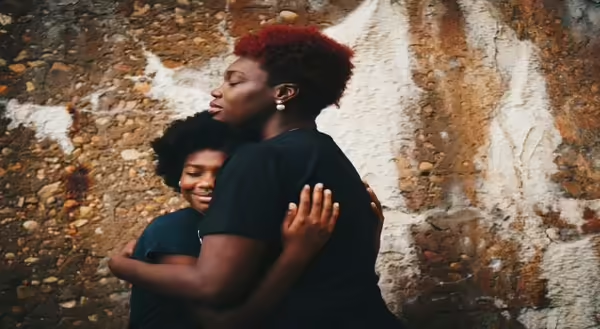
Natural disasters, such as the recent tornadoes, wildfires, and floods along with other traumatic events like mass shootings and even the pandemic can be devastating for everyone. For children, just watching the news and listening to parents talk can make life’s events seem like they are out of control. This would be magnified for children who experienced direct loss and may need help understanding what happened to their world. Most children look to adults for guidance and understanding on how to react and deal with life’s events.
Common reactions of children experiencing stress may include new fears, clinginess, refusal to go to school or other places where they would be separated from familiar adults, regression or withdrawal into depression, or acting out behaviors. How can children be helped through disaster experiences? The National Association of School Psychologists reminds all parents and teachers to:
- Limit your child’s viewing of these events. If they must watch, watch with them for a brief time; then turn off the screen. Don’t sit mesmerized re-watching the same events over and over again.
- Remain calm and reassuring. Children take their cues from adults, especially young children. To the extent it is possible to do so, assure them that family and friends will take care of them and that life will return to normal.
- Encourage children to talk about disaster-related events. Children need an opportunity to discuss their experiences in a safe, accepting environment. Seek the help of the school psychologist, counselor, or social worker if you need help with ideas to open the dialogue.
- Promote positive coping and problem-solving skills. Activities should teach children how to apply problem-solving skills to disaster-related stressors. Encourage children to develop realistic and positive methods of coping that increase their ability to manage their anxiety and to identify which strategies fit with each situation.
- Emphasize children’s resiliency. Focus on their competencies. Help children identify what they have done in the past that helped them cope when they were frightened or upset. Bring their attention to other communities that have experienced disasters and recovered.
- Strengthen children’s friendship and peer support. Children with strong emotional support from others are better able to cope with adversity. Children’s relationships with peers can provide suggestions for how to cope and can help decrease isolation. Activities such as asking children to work cooperatively in small groups can help children strengthen supportive relationships with their peers.
- Take care of your own needs. Take time for yourself and try to deal with your own reactions to the situation as fully as possible. You will be better able to help your children if you are coping well.
Children can experience compassion, determination and have the fortune of giving and receiving from others due to having faced a disaster. Children can know compassion and service in action against immense setbacks and realities of life.
Source: Strengthening Families, University of Illinois Extension and the National Association of School Psychologists
Originally written: October 2017; revised December 2021
Source: Cheri Burcham, Extension Educator, Family Life